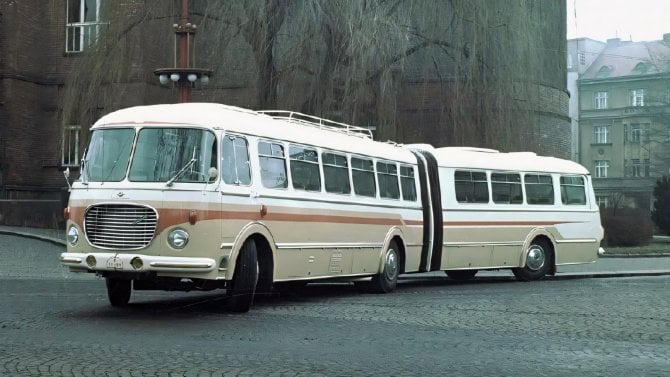By Alan Crosby
PRAGUE, Oct 2 (Reuters) - The Czech Republic's rightist minority government is likely to lose a confidence vote in parliament this week, nudging the EU member closer to an interim administration followed by early elections.
Since a June 2-3 general election parliament has been deadlocked, with leftist and centre-right parties each controlling 100 seats.
Mirek Topolanek, whose Civic Democrats won the most votes and seats but not a majority, was nominated by President Vaclav Klaus as prime minister. But four months on, he still does not have the single leftist deputy needed to see his government survive the confidence vote.
Both former PM Jiri Paroubek's Social Democrats and the far-left Communists have pledged to reject the government in the vote, expected on Tuesday or Wednesday.
"It's 99.9 percent clear that the government will not win the confidence vote. Given the current situation ... the proper solution is early elections at the earliest chance," said political scientist Bohumil Dolezal, adding a government of experts should run the country in the meantime.
Political turmoil has shaken much of central Europe in recent weeks. Financial markets have been unnerved by anti-government protests in Hungary, and by the Polish government cracking apart.
ECONOMY STRONG
The Czech deadlock has failed to hit markets to date, investors instead focusing on a strong economy that shows few ill effects.
Still, analysts say the country needs to begin moving forward to ensure reforms to sectors such as healthcare, public finances and pensions can begin.
Klaus, a former rightist prime minister, has the right to pick a second prime minister if Topolanek fails, and Paroubek has made no secret of his desire to try to form a government.
But Klaus has been loath to give the leftist Paroubek a chance, and may instead try to get all parties to agree on a government of experts followed by early elections.
Klaus himself was replaced by such an administration following the late 1997 collapse of his ruling coalition.
"After (a failed confidence vote), some active steps will naturally have to be taken and such a move cannot be ruled out," Klaus' aide Ladislav Jakl said in an interview on state radio.
Paroubek could also get a chance to form a government later on as a third candidate is chosen by the house speaker. A Social Democrat is current speaker, but was sworn in under an agreement among parties that he would step down before it was his turn to nominate a prime minister.
All five parties in parliament said after the election they did not want early polls. But the Green Party has since said they are the best solution, and all others -- except for the Communists -- have said there may be no alternative.
A recent poll showed 62 percent of Czechs wanted an early election and most thought it should be in the next few months. ((Reporting by Alan Crosby, editing by Andrew Roche. prague.newsroom@reuters.com; Reuters Messaging: alan.crosby.reuters.com@reuters.net; +420 224 190 477))
Keywords: CZECH POLITICS




 Na český trh vstoupil další elektromobil, který má ambice nahradit Golf nebo Octavii. EV4 ujede přes 600 km a stojí pod milion
Na český trh vstoupil další elektromobil, který má ambice nahradit Golf nebo Octavii. EV4 ujede přes 600 km a stojí pod milion
 V Evropě se objevil návrh na to, jak od elektromobilistů vybrat peníze, když neplatí daně z paliva. Zdanit se má soukromé nabíjení i ujeté kilometry
V Evropě se objevil návrh na to, jak od elektromobilistů vybrat peníze, když neplatí daně z paliva. Zdanit se má soukromé nabíjení i ujeté kilometry
 Test Citroen C3 Aircross: Na velikosti záleží
Test Citroen C3 Aircross: Na velikosti záleží
 Po stopách prototypů československých užitkových vozidel. Dochovalo se jich jen minimum
Po stopách prototypů československých užitkových vozidel. Dochovalo se jich jen minimum
 Nastavoval intenzitu elektronické cigarety za volantem, dostal pokutu. Podle soudu je e-cigareta mobil
Nastavoval intenzitu elektronické cigarety za volantem, dostal pokutu. Podle soudu je e-cigareta mobil
